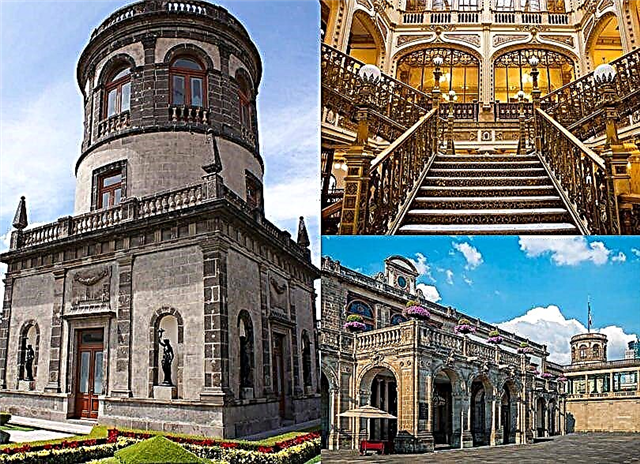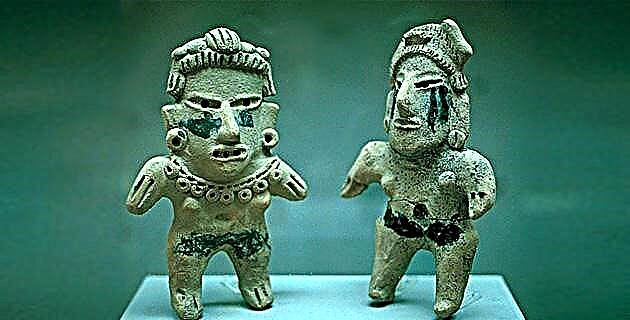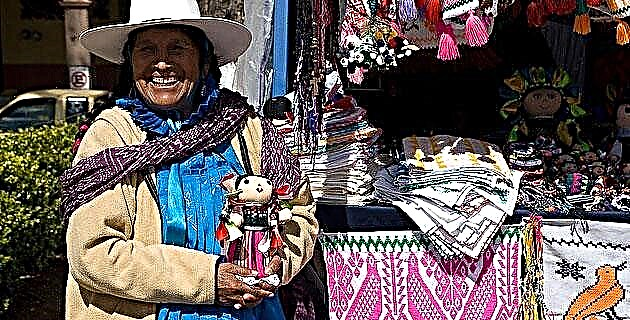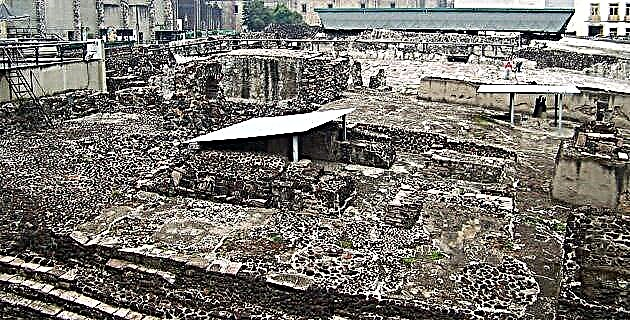
In Mexico-Tenochtitlan, as in neighboring cities, peace and harmony among the inhabitants was achieved thanks to the correct functioning of the justice system, which strictly prohibited, among other things, theft, adultery and drunkenness in public.
All the communal or personal differences that arose were resolved by the supreme judges in the different courts that attended to the people according to their social position. According to the texts of Father Sahagún, there was a room in Moctezuma's palace called Tlacxitlan, where several main judges resided, who resolved the petitions, crimes, lawsuits and certain troubles that arose among members of the Tenochca nobility. In this "courtroom", if necessary, the judges sentenced criminal nobles to undergo exemplary punishments, ranging from their expulsion from the palace or their exile from the city, to the death penalty, being their punishment to be hanged, stoned or beaten with sticks. One of the most dishonorable sanctions that a nobleman could receive was to be sheared, thereby losing the insignia of the hairstyle that distinguished him as an outstanding warrior, thereby reducing his physical appearance to that of a simple macehual.
There was also in Moctezuma's palace another room called Tecalli or Teccalco, where the elders who listened to the lawsuits and petitions of the macehualtin or people of the town were: first they reviewed the pictographic documents in which the matter in discord was recorded; once reviewed, the witnesses were called to give their particular opinion of the facts. Finally, the judges issued the freedom of guilt or proceeded to apply the corrective. Truly difficult cases were brought before the tlatoani so that he, along with three principals or tecuhtlatoque — wise people graduated from Calmécac — could make a reasonable judgment. All cases had to be resolved impartially and efficiently, and in this the judges were especially careful, since the tlatoani did not tolerate that a trial was unjustifiably delayed, and could be punished if any lack of honesty in their work was suspected, or any complicity of yours with the parties in conflict. There was a third room called Tecpilcalli, in which meetings of warriors were frequently held; if in these meetings it was learned that someone had committed a criminal act, such as adultery, the accused, even if he was a principal, was sentenced to be stoned to death.
Source: Passages of History No. 1 The kingdom of Moctezuma / August 2000











